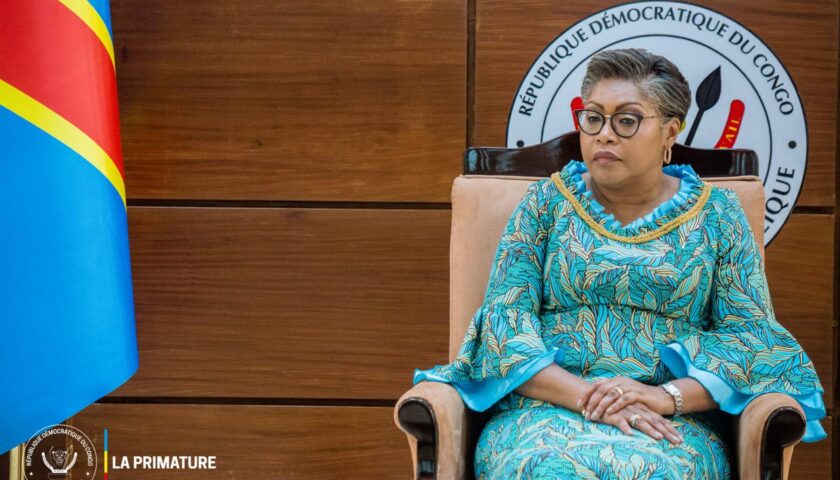(Bloomberg) — Glencore Plc Chief Executive Officer Ivan Glasenberg met the Democratic Republic of Congo’s new president this week, their first encounter since Felix Tshisekedi took office, according to people familiar with the matter.
The meeting comes after relations between mining companies and the government deteriorated last year, when former President Joseph Kabila backed an overhaul of Congo’s mining code that hiked royalties and imposed new taxes. Tshisekedi replaced Kabila Jan. 24 after winning elections in December.
Glasenberg had an audience with Tshisekedi on Feb. 25, said three people who asked not to be identified because they aren’t authorized to talk about the matter publicly. They didn’t provide details of what was discussed at the meeting.
Glencore declined to comment and Congo’s presidency didn’t immediately respond to a request for more information.
Barrick Gold Corp. CEO Mark Bristow said last month he met
Tshisekedi’s chief of staff and advisers on Jan. 29, when they
discussed the mining rules. Barrick operates the Kibali gold
mine in northeast Congo.
Glencore is one of the largest investors in Congo — the
world’s biggest source of cobalt, which is used to make
batteries that power electric vehicles, and one of the top
producers of copper. The company controls two copper and cobalt
mines in the southeast of the country.
Glencore’s Mutanda Mining is reducing output and dismissing
expatriate workers as reserves of easier-to-refine oxide ores
deplete. The company is studying the viability of building
processing facilities to exploit their remaining sulfide
deposits.
Strong Opposition
Glasenberg’s company and other international miners strongly opposed aspects of the new industry code. He signaled last month they planned to engage with Tshisekedi’s administration on the matter.
“We hopefully will be negotiating with the new government,” Glasenberg told analysts on Feb. 20. “We don’t accept the way they have changed the mining code right now.” Glencore announced last week it’s written down Mutanda’s value by $600 million, blaming the larger tax burden. The new mining law has reduced “the probability of approving the development of new facilities to treat the sulphide reserves” at Mutanda, Glencore said in its 2018 earnings report.
MONGA et KANYONI : Unis pour l’électricité



